Category: Science and Technology
-
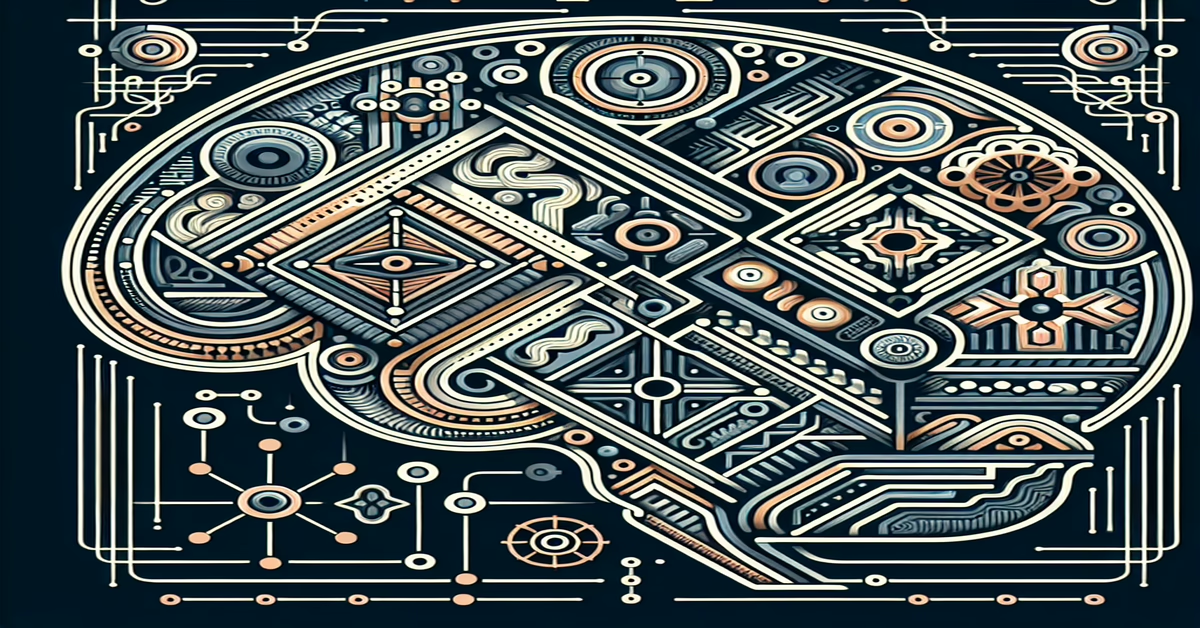
Aphantasia: Understanding Its Impact on Memory
What is Aphantasia? Aphantasia is a fascinating neurological phenomenon whereby an individual experiences an inability to voluntarily visualize imagery. This condition means that people with aphantasia do not create pictures in their mind's eye when asked to imagine objects, places, or scenarios, a process typically considered automatic for most. First brought to the forefront by…
-
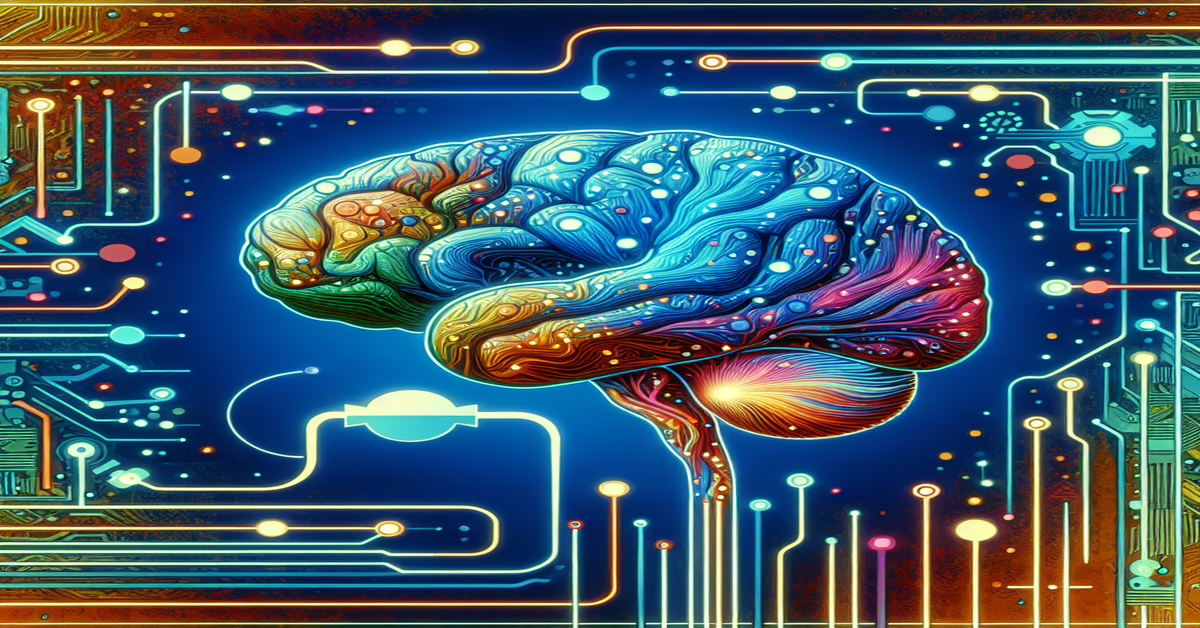
Brain Circuit Discovery: Lowering Anxiety with Breath Control
Understanding the Brain-Respiration Connection The recent discovery by researchers at the Salk Institute uncovers a pivotal link between the brain and respiration, shedding light on the profound influence of controlled breathing on anxiety reduction. At the core of this discovery lies a specific brain circuit that intricately connects the frontal cortex to the brainstem, particularly…
-
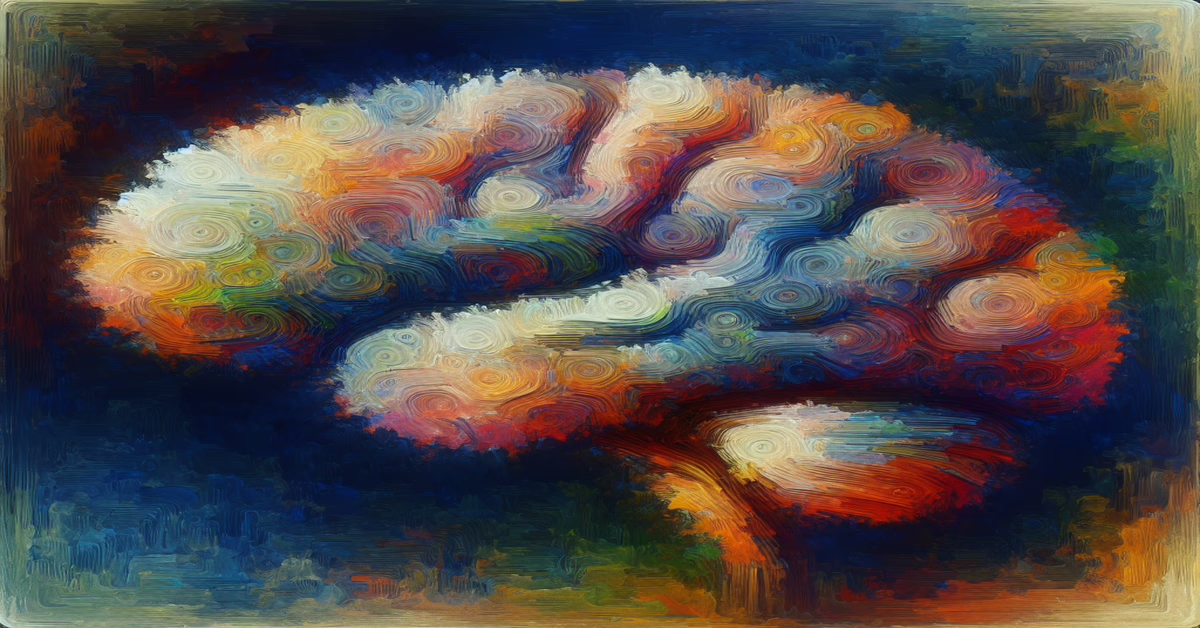
Aphantasia: Understanding a Visual Brain Blindspot
What is Aphantasia? Aphantasia is a neurological condition characterized by the inability to voluntarily form mental images in one's mind. People with aphantasia do not visualize pictures or scenes when they attempt to conjure them, such as when trying to imagine the face of a loved one or visualize a landscape. It is often described…
-
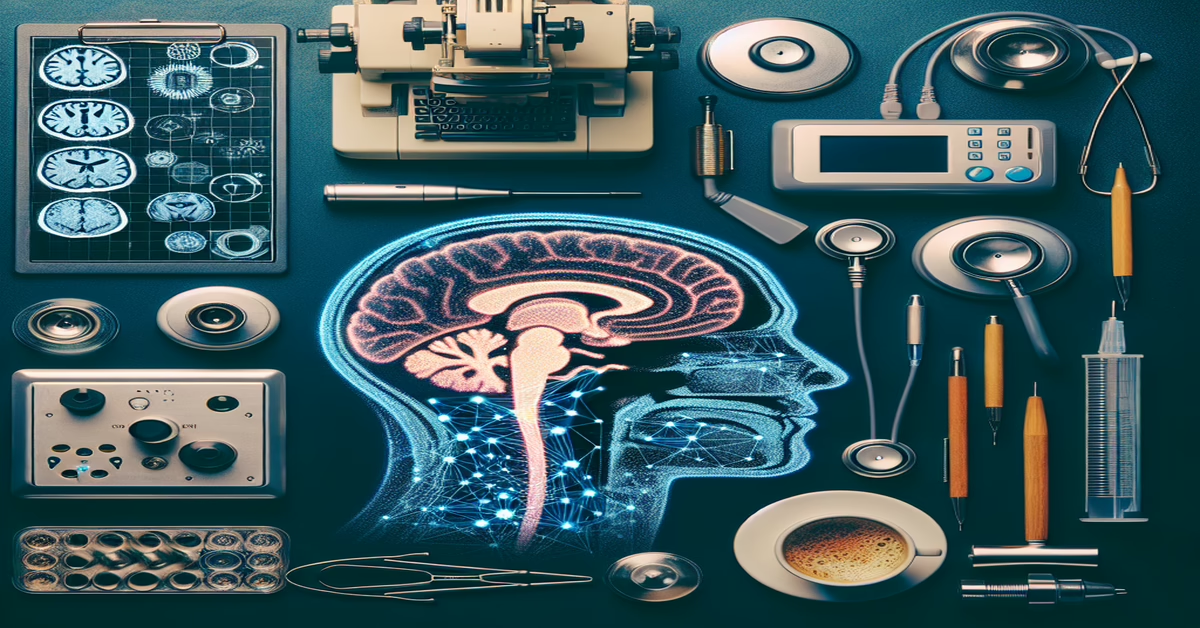
Aphantasia Diagnostic Tools
Understanding Aphantasia Aphantasia is a condition characterized by the inability to voluntarily create mental images in one's mind. Individuals with aphantasia do not experience the visualization typically associated with memory or imagination. The term was first coined in 2015 by Professor Adam Zeman of the University of Exeter, following research into the phenomenon of "mind's…
-
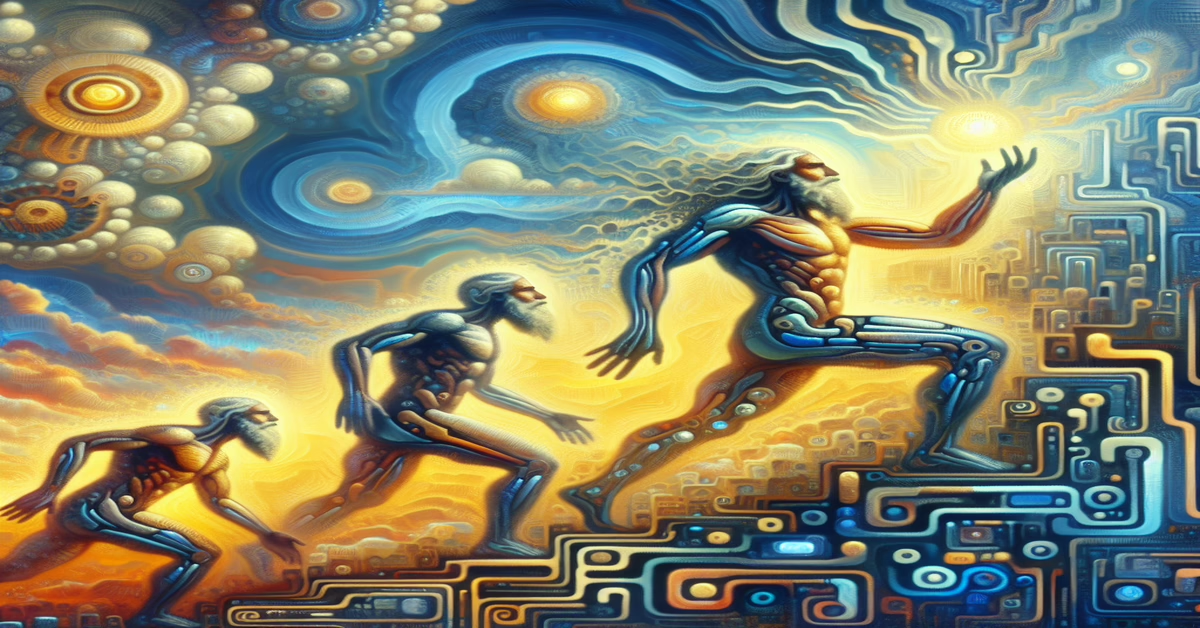
Humans Evolving Into Their Own Gods
Initial Reflections on Becoming Creators As we stand on the precipice of monumental shifts in technology and human understanding, the tantalizing prospect of becoming creators in our own right looms ever larger. This notion, once reserved for deities and mythological figures, has migrated from the realm of imagination into tangible reality. The ability to alter…
-
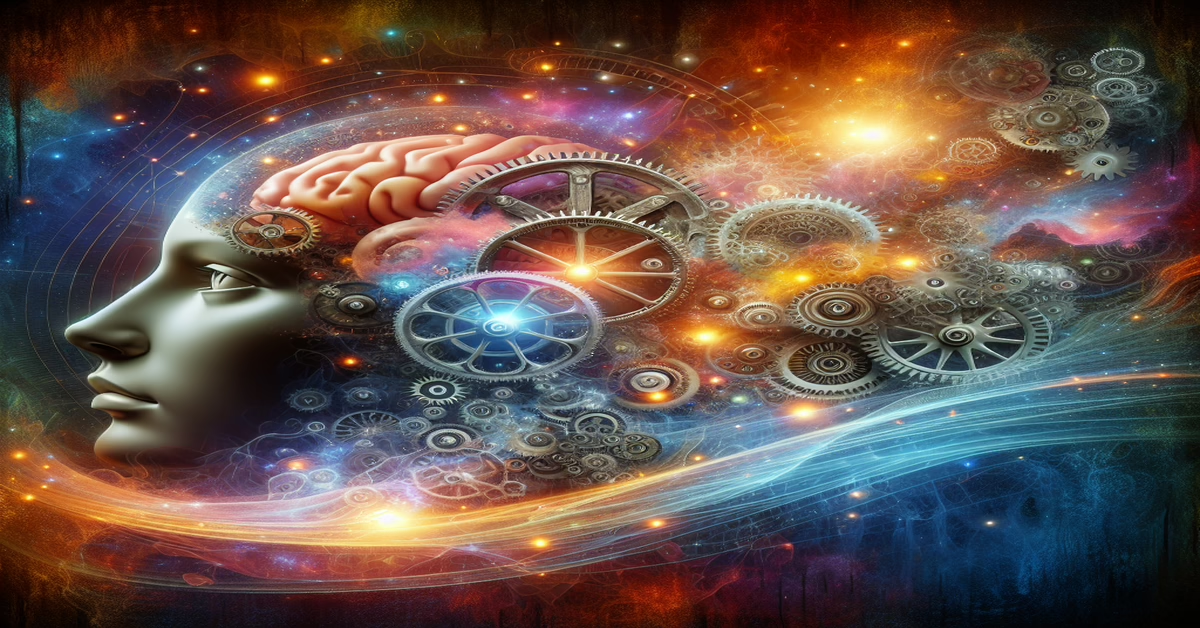
Understanding Aphantasia: A Personal Insight
What is Aphantasia? Aphantasia is a fascinating cognitive phenomenon characterized by the inability to voluntarily create mental images in one's mind. Unlike most people, who can visualize images of their friends, a scenic landscape, or their favorite meal when prompted, individuals with aphantasia experience a mental blank slate. This condition affects their capacity to conjure…
-

Imagery Disorders: A Clearer Understanding
What Are Imagery Disorders? Imagery disorders refer to a range of conditions characterized by the inability to visualize images in the mind's eye, even if the person can articulate or recognize objects visually. Among the most commonly discussed imagery disorders is aphantasia, first academically recognized in 2015, which affects a person's ability to voluntarily generate…
-

Visual Learning with Aphantasia: Navigating Challenges
Understanding Aphantasia Aphantasia is a fascinating neurological condition characterized by the inability to voluntarily visualize imagery. Individuals with aphantasia often find themselves unable to mentally picture their surroundings, loved ones, or even close their eyes and see the faces of people they know well. This condition exists on a spectrum, where some may have trouble…
-
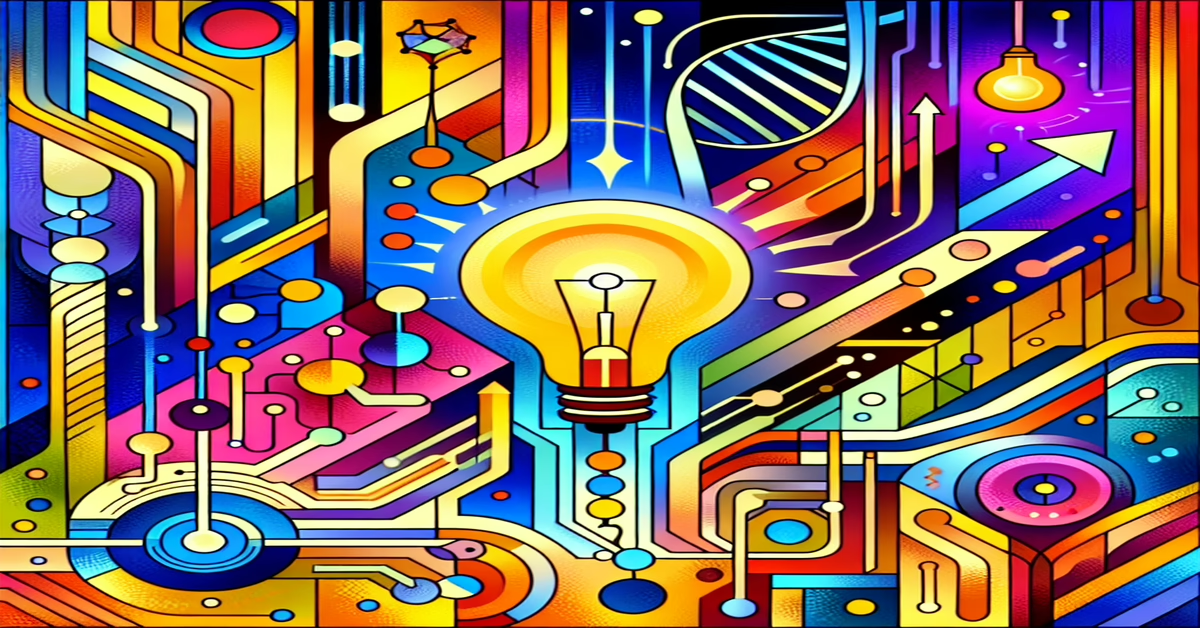
Hypoaphantasia’s Surprising Benefits
Understanding Hypoaphantasia Hypoaphantasia is a neurological condition characterized by a reduced ability to visualize images in one's mind. Unlike aphantasia, where individuals are unable to form mental images at all, people with hypoaphantasia experience a limited or less vivid mental imagery. This can affect how they recall past experiences, imagine future scenarios, or even perceive…
-

UK’s Oldest Satellite Mystery: Skynet-1A’s Unexplained Move
The Mysterious Move of Skynet-1A In the labyrinth of orbital mysteries, few are as compelling as the unexplained movement of Skynet-1A, the UK’s oldest satellite. Launched with the ambitions of bridging distant communications nearly 55 years ago, Skynet-1A, after its functional period, should have drifted quietly to a more predictable region. However, this satellite defied…